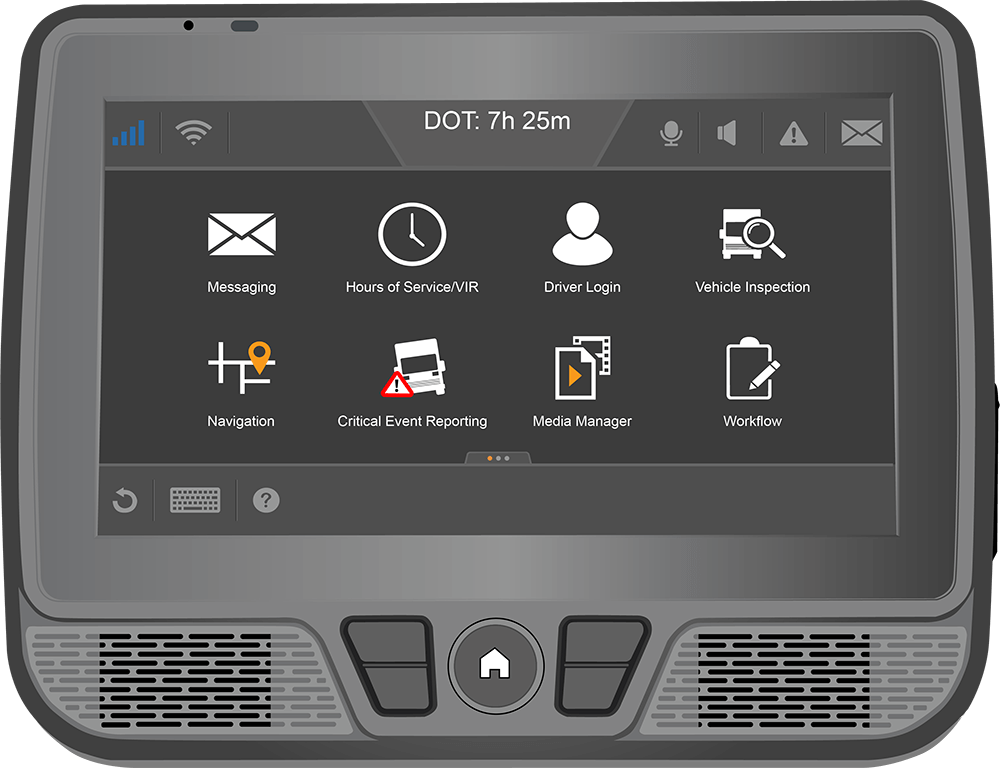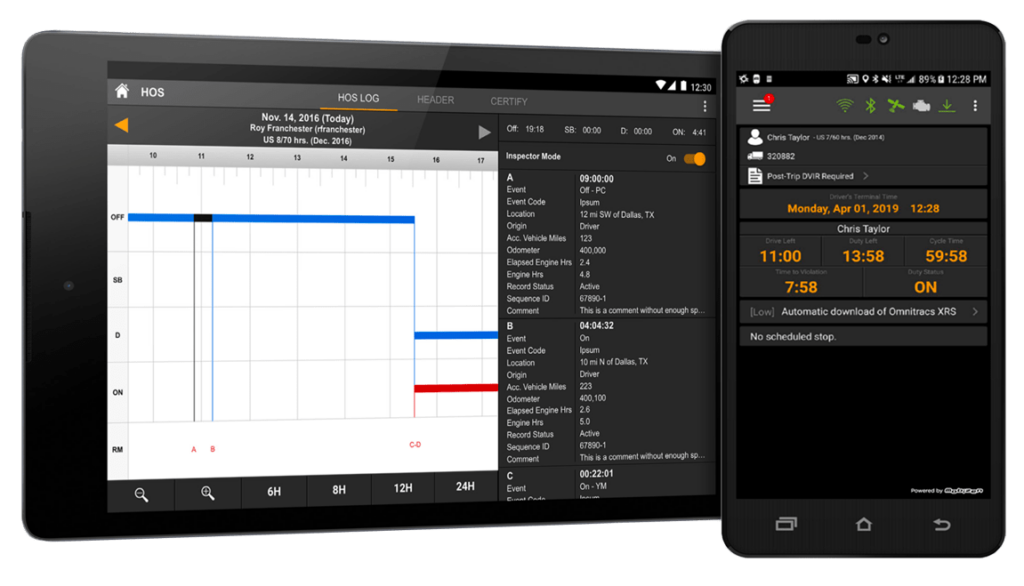Improve Your CSA Scores
Keeping your Compliance, Safety and Accountability Score or CSA Scores high is essential to ensuring that you are following safety regulations put in place by the FMCSA. Shippers and receivers want to work with companies that have satisfactory CSA scores. Avoiding unsatisfactory or conditional ratings during compliance reviews will help your company continue its path toward continued success. Not only do businesses want to keep their CSA scores high for their reputation, but having a good CSA Score can help keep your insurance premiums down, help you avoid paying hefty fines and allows you to continue to use weigh station bypass programs.
Why Your CSA Score is Important
The FMCSA and CSA work closely together to prevent vehicle crashes, fatalities, and injuries. If your business does not comply with the Federal Motor Carrier Safety Administration (FMCSA) it is at risk of being shut down by the Department of Transportation (DOT). The FMCSA has been working at both the federal and state level to provide, implement, and enforce the tools needed to keep organizations in the transportation industry informed.
Certain metrics and regulations need to be monitored and enforced to comply with the DOT and prevent inspection violations. Safety managers need to comply with the regulations and requirements outlined in the Safety Measurement System (SMS) CSA program, and train their drivers to ensure the requirements are met.
Measurement
The CSA uses the Safety Measurement System (SMS) to score fleet driver behavior. To measure safety performance, the CSA uses inspection and crash results to identify carriers whose behaviors could reasonably lead to crashes.
Intervention
To cover the full spectrum of safety issues, the CSA collects, evaluates, and shares data to enforcement officials so they can intervene more effectively and efficiently to improve safety on our roads.
Evaluation
he CSA helps FMCSA and its State Partners to correct high-risk behavior by contacting more carriers and drivers–with interventions tailored to their specific safety problem, as well as a new Safety Fitness Determination methodology.
How Your CSA is Scored
The FMCSA utilizes the Safety Measurement System (SMS) to determine a fleet’s CSA score. Once a month the FMCSA will update the score based on data from roadside inspections, including driver and vehicle violations, crash reports from the last two years, and investigation results.
When creating a fleet’s score the SMS will analyze and consider the following:
- The number of safety violations and inspections
- The severity of safety violations or crashes
- When the safety violations occurred, with recent events weighted more heavily
- The number of trucks/buses a carrier operates and the number of vehicle miles traveled
- Acute and Critical Violations found during investigations
The 7 SMS BASIC’s
The SMS data is organized into seven Behavior Analysis and Safety Improvement Categories (BASIC). Fleets are assigned a measure and percentile within each BASIC category.
Unsafe Driving
Crash Indicator
Hours of Service Compliance
Vehicle Maintenance
Controlled Substances/Alcohol
Hazardous Materials Compliance
Driver Fitness
Get Compliant with a Cutting Edge ELD
Due to Electronic Logging Devices (ELD) being mandated, having an ELD is something that all fleets and owners/operators must have in order to avoid citations and CSA Score deductions. These ELDs keep track of HOS or Hours of Service of drivers but they also simplify business processes by automating reports, provide vehicle diagnostics, show location tracking and route management, to name a few. The Omnitracs IVG and Omnitracs XRS are advanced ELD devices that help your company stay in compliance and run efficiently.


